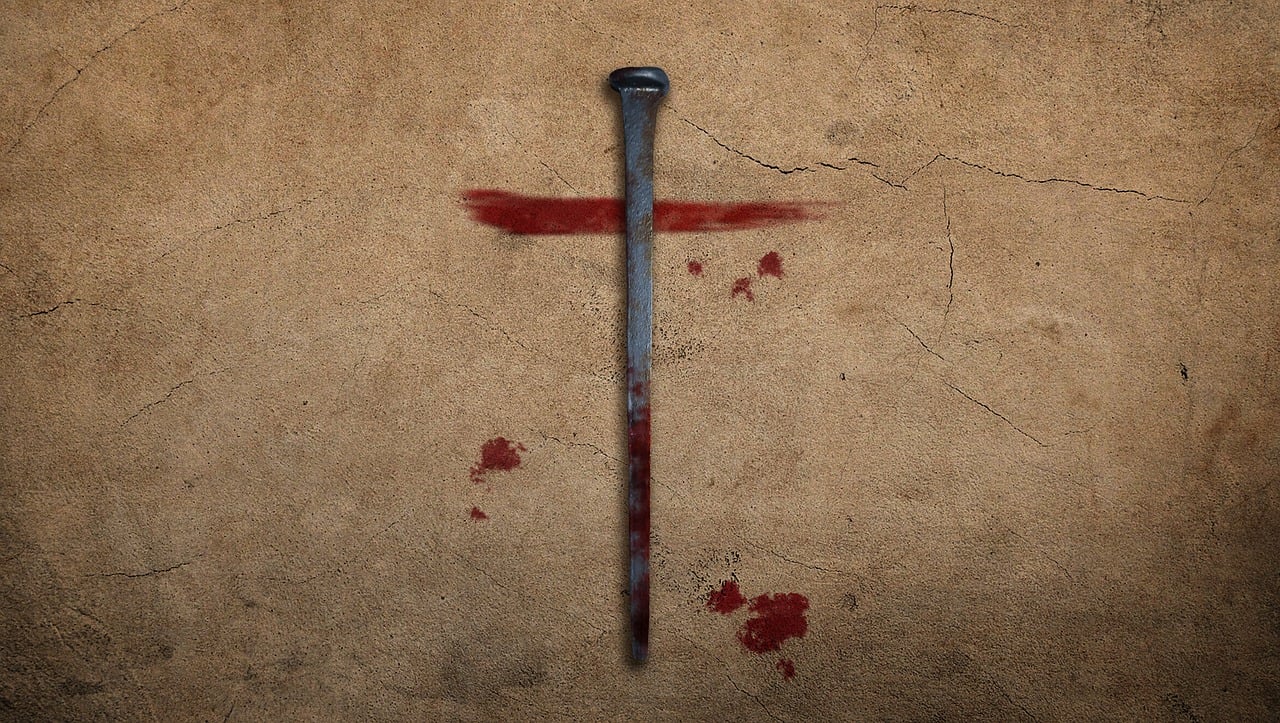Have you ever thought, “Christ couldn’t possibly forgive what I’ve done!”?
Do you still feel guilty over a sin you repented of years ago?
Is it difficult to forgive yourself, even though you acknowledge Christ’s forgiveness?
As a Christ-follower, do you engage in self-condemnation when you sin, rather than revel in the astonishing grace of the Lord? Is your focus more on your spiritual performance than on what Christ accomplished for you?
Even if you don’t struggle with false guilt, do you take the Lord’s forgiveness for granted? Have you lost the unfettered joy of knowing you’re the recipient of His grace, that He has forgotten about your sins? (See Hebrews 10:11-18.)
The Folly of Our Forgetfulness
In his book Love Is Now, Peter Gillquist said, “The number one reason for stunted spiritual growth among Christians is this: they’ve forgotten they’re forgiven.”
To gain a fresh grasp of the shocking grace of God’s forgiveness, let’s examine the profile of an Old Testament king of Judah, who reigned between 697 to 643 B. C. 2 Chronicles 33:1-20 offers the most complete account of his life and reign.
A Rascal
If any Bible character was synonymous with evil, it was King Manasseh. For a vast majority of his 55-year-reign, he “did much evil in the sight of the Lord, provoking Him to anger” (2 Chronicles 33:6).
Want examples?
- He erected altars for the worship of false deities, such as Baal.
- He built altars to pagan gods within the house of God, a holy place reserved exclusively for worshipping Him.
- Manasseh worshipped all the host of heaven: stars, moon and planets.
- He burned his sons as an offering to a pagan god.
- He shed “much innocent blood.”
- He dabbled in fortune-telling, omens and sorcery, consulting mediums instead of the true God.
- Manasseh led the inhabitants of Judah astray, turning them away from God and toward idolatry.
- His abominations exceeded the evil of the pagan nations God had driven out with the arrival of His chosen people from Egypt.
- For years, God spoke to Manasseh, yet he didn’t listen.
- Years after Manasseh’s death, God meted out severe consequences. Manasseh’s sins were instrumental in God’s discipline of His people through the Babylonian captivity. The Lord said to Jeremiah, “I will make them a horror to all the kingdoms of the earth because of what Manasseh the son of Hezekiah, king of Judah, did in Jerusalem (Jeremiah 15:4, emphasis mine).
The Rest of the Story
Late in Manasseh’s reign, Assyria captured him, bound him with chains and took him to Babylonia. There, in great distress, he humbled himself. For the first time ever, he pleaded for the Lord’s help.
You’d think God would turn a deaf ear in light of Manasseh’s despicable, decades-long reign of evil. But no, God was so moved by Manasseh’s prayers that He brought Manasseh back to Jerusalem to finish his reign. “Then Manasseh knew that the Lord was God” (2 Chronicles 33:13).
Manasseh’s actions revealed the genuineness of his repentance. He removed all idols and offered sacrifices of thanksgiving to God. He commanded all residents of Judah to worship the true God.
Scandalous Grace
Sounds too easy, doesn’t it?
When you’ve killed innocents, worshipped pagan deities, burned your sons in the fire and turned a deaf ear to God for decades, how could God all of a sudden forgive him and show him favor? If ever anyone was beyond the scope of God’s grace, it was Manasseh!
Ah, but God…..
God, not Manasseh, deserves top billing in this turnabout. Manasseh’ story calls to mind what Jesus told His disciples concerning the difficulty of rich people experiencing salvation. “With men this is impossible, but with God all things are possible” (Matthew 19:26).
If we truly know ourselves well, we must admit that the Lord’s grace toward us is just as shocking as His grace toward Manasseh. The favor you and I have received is the same favor Manasseh enjoyed. He came to the point of brokenness over his sin and rushed to the throne of grace. That’s all God requires of anyone! The issue is never the number of or heinous nature of our sins, but the efficacy of Jesus’ blood to atone for them.
So What?
Whether a person comes to Christ to confess sins at his conversion, or he’s a long time believer who’s entering His presence to confess a current sin, Jesus gives this encouraging assurance: “The one who comes to me I will certainly not cast out” (John 6:37). Due to a double negative in Jesus’ words, He literally said, “I will not, not cast out,” or “I will most certainly never, ever cast out.”
It is never too late to do what is right.
God’s scandalous grace of forgiveness is yours for the asking, unless you’d rather lug round the weight of sin yourself.
As Christ-followers, our sins were nailed to Jesus’ blood-stained cross (Colossian 2:14). Let’s stop trying to yank out those nails and driving them into our own hands and feet, as if Jesus’ sacrifice was insufficient.
Instead, throw a party.
Dance!
Shout!
Get excited about a God who forgave you, just as he did Manasseh.





0 Comments